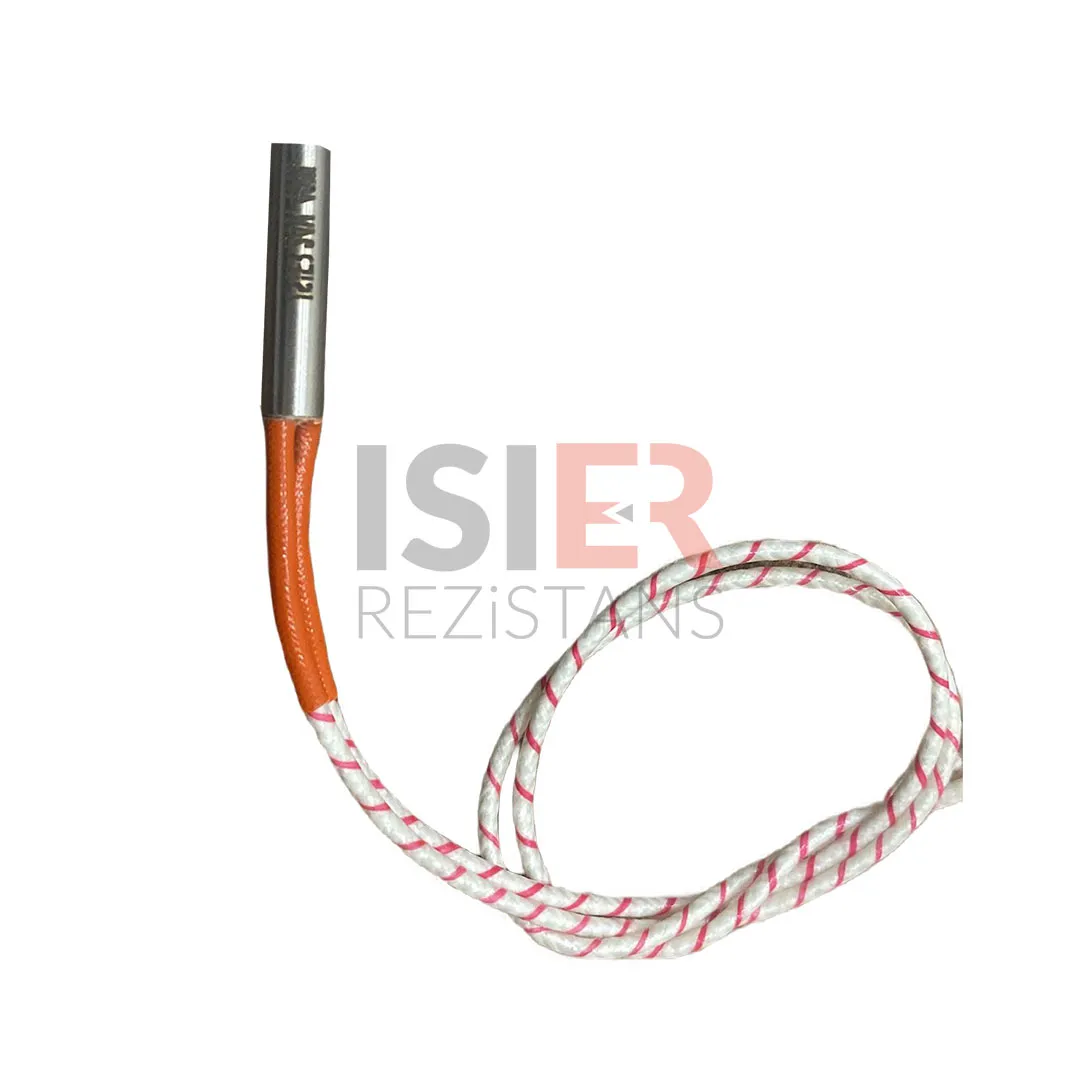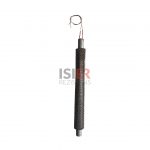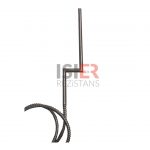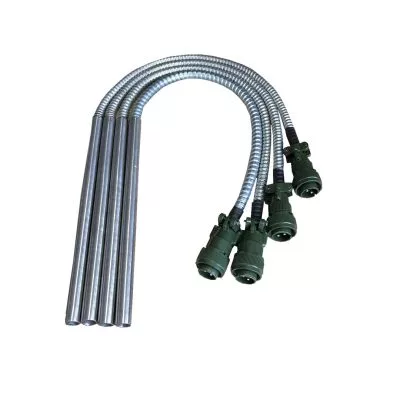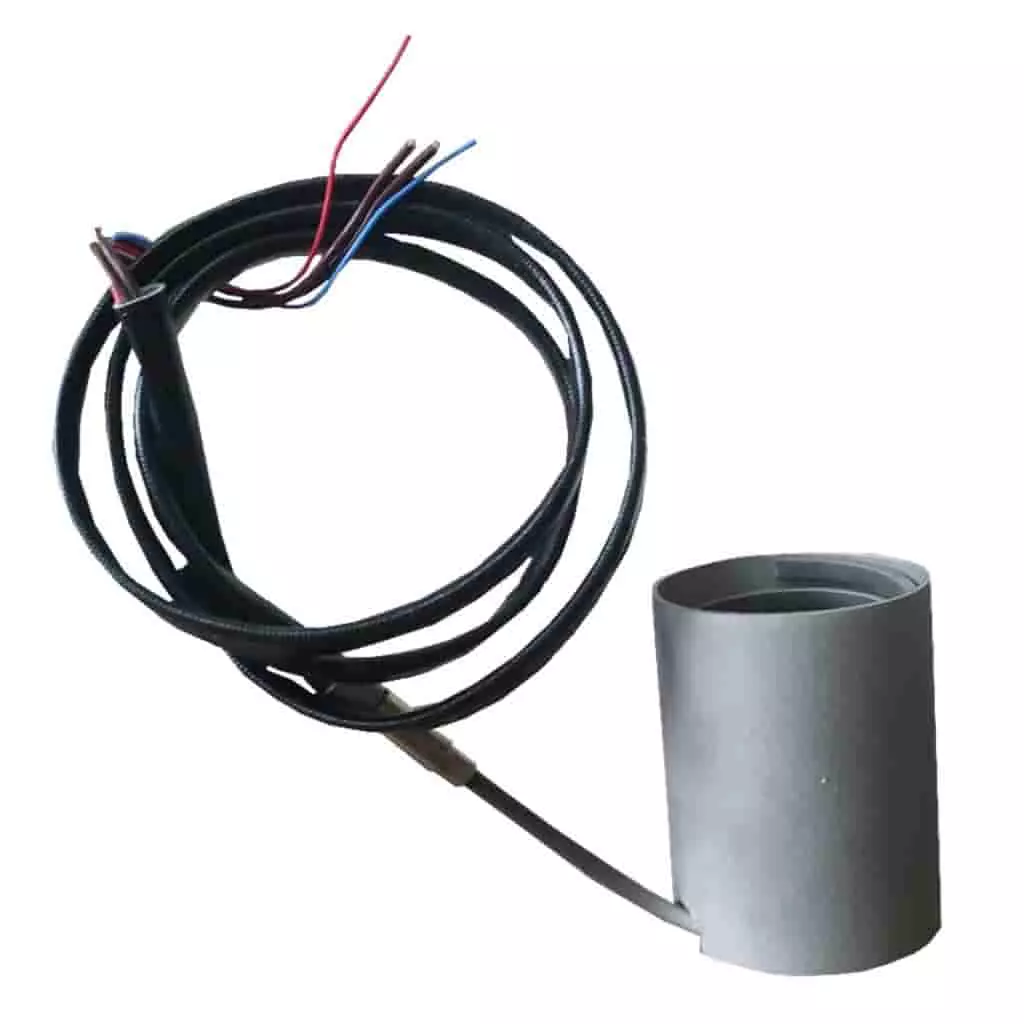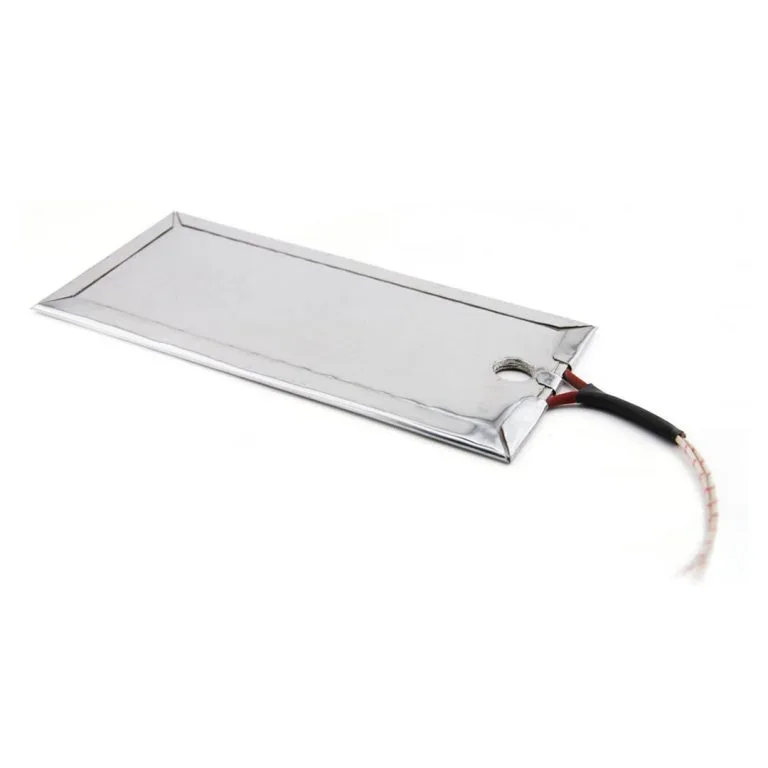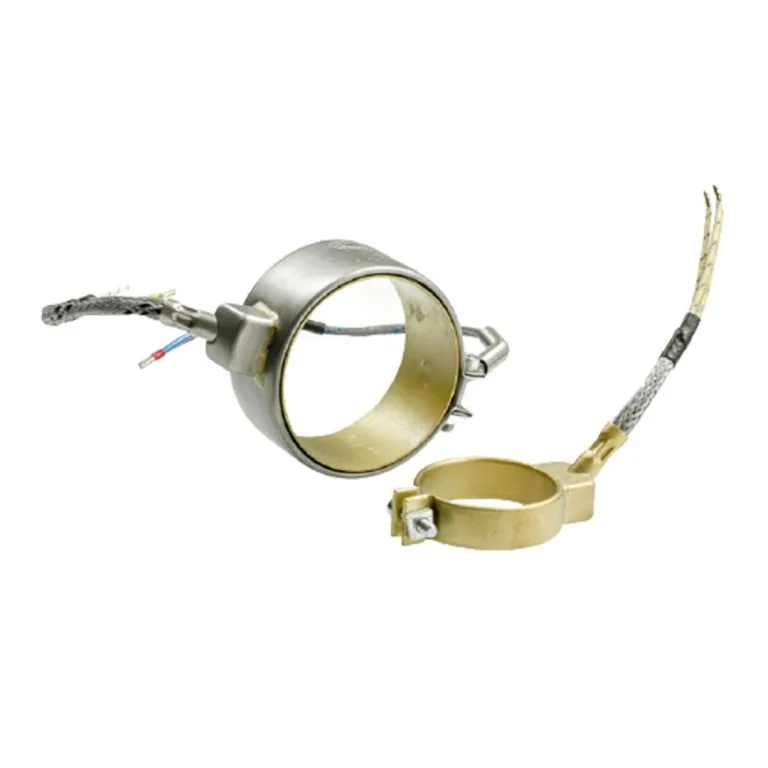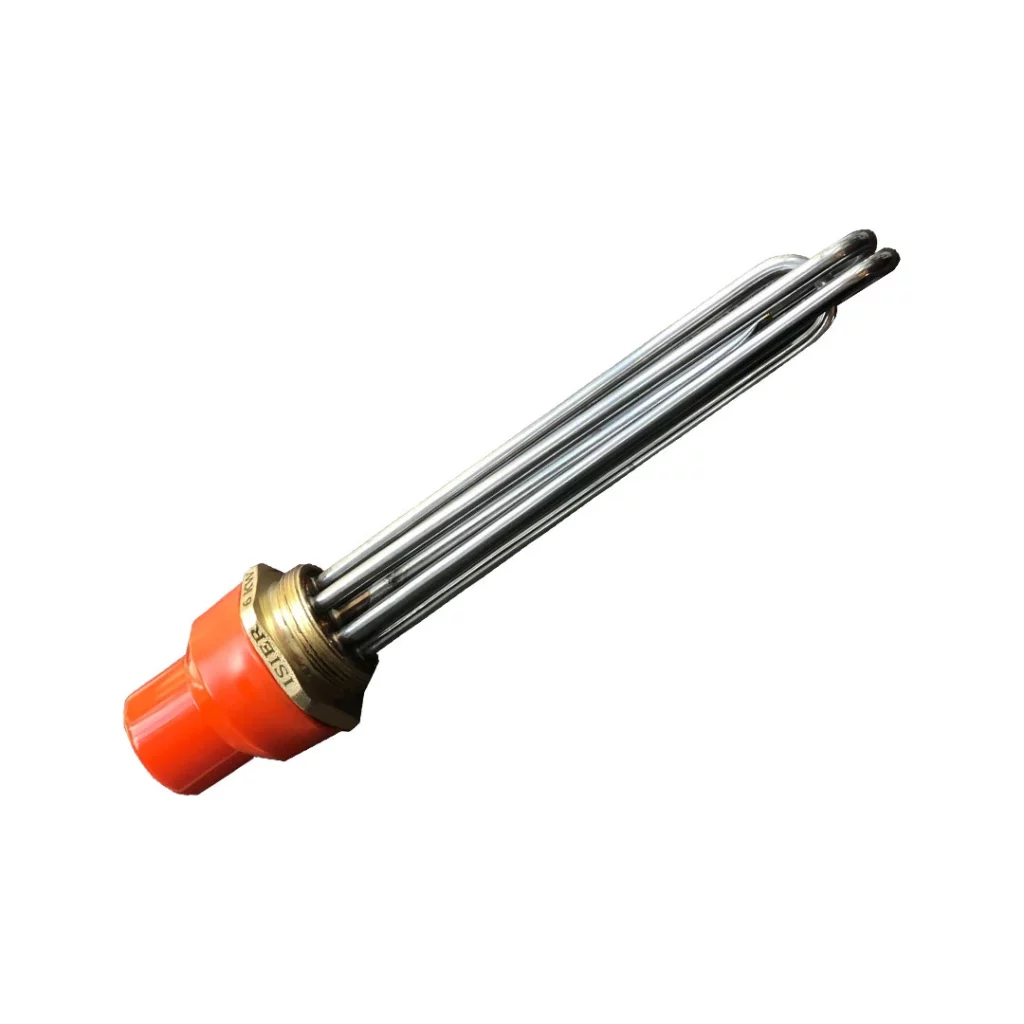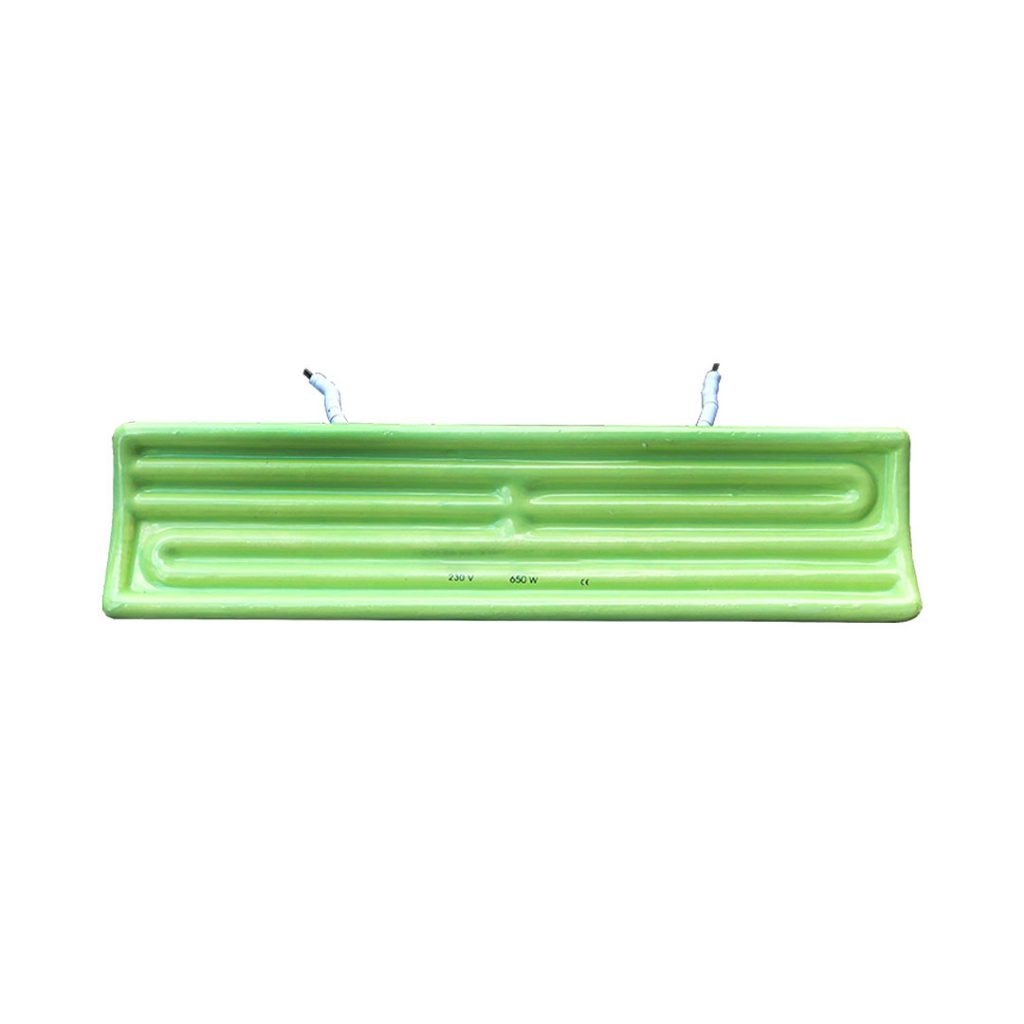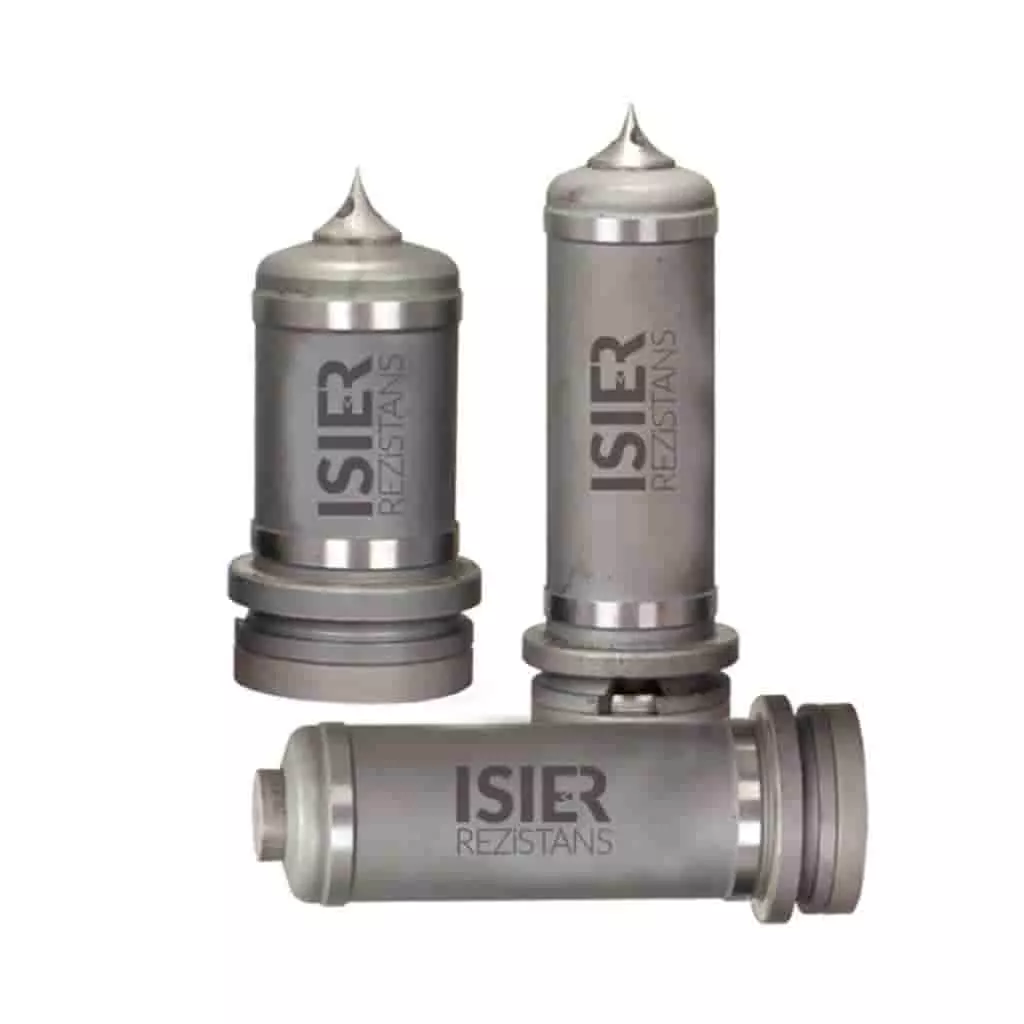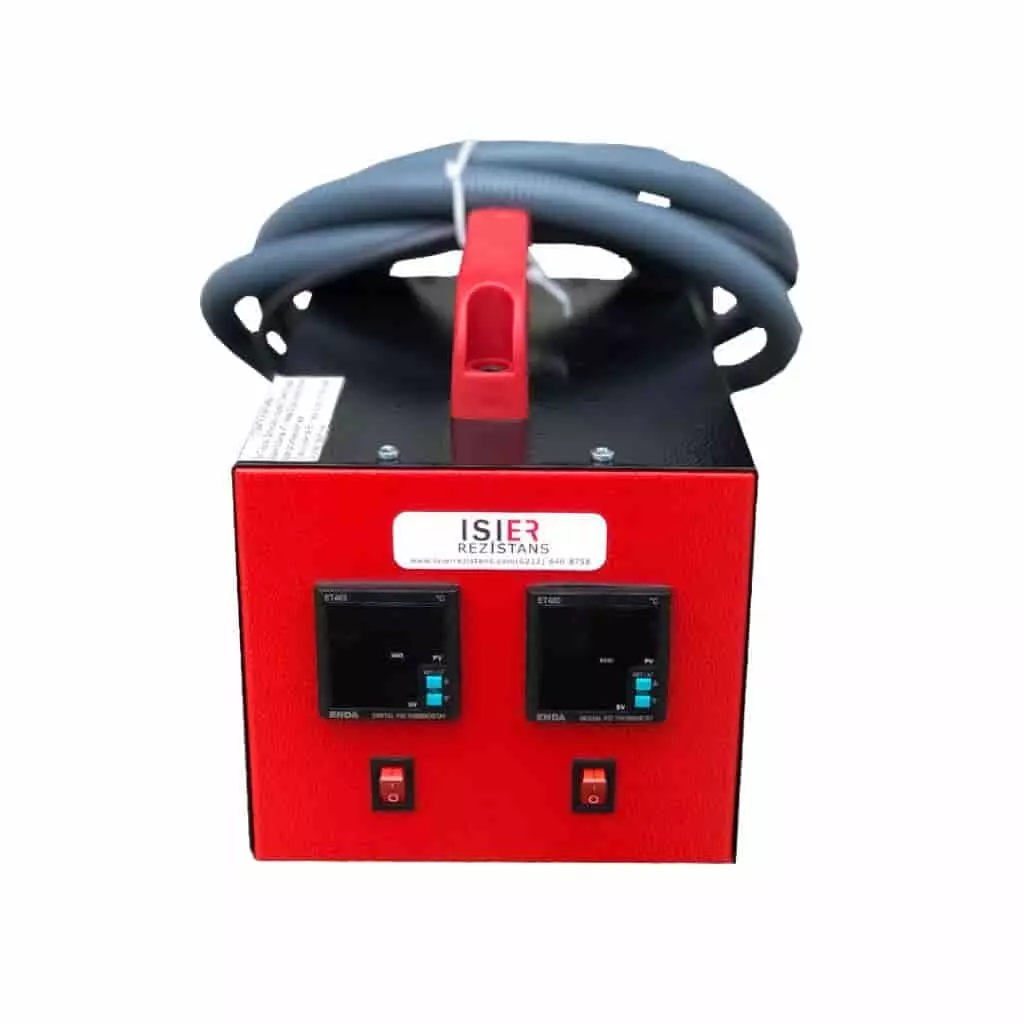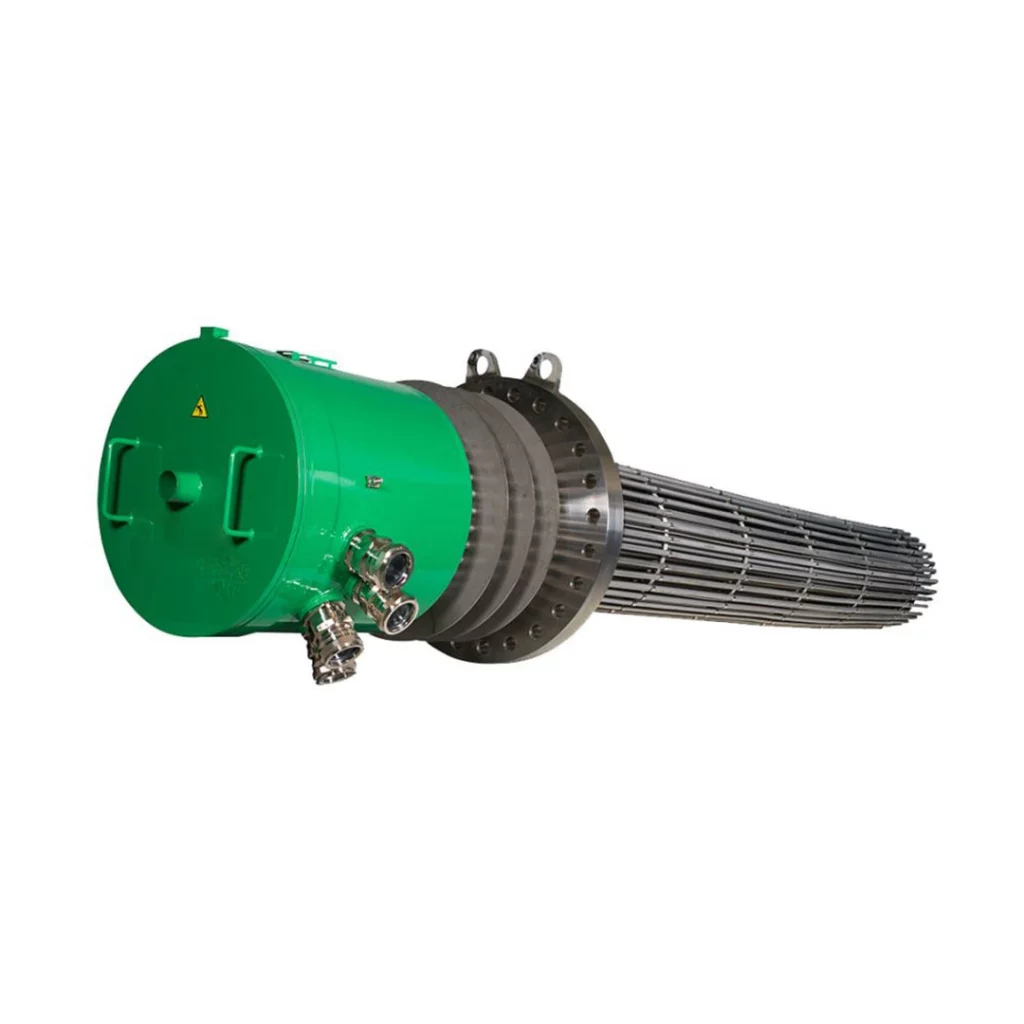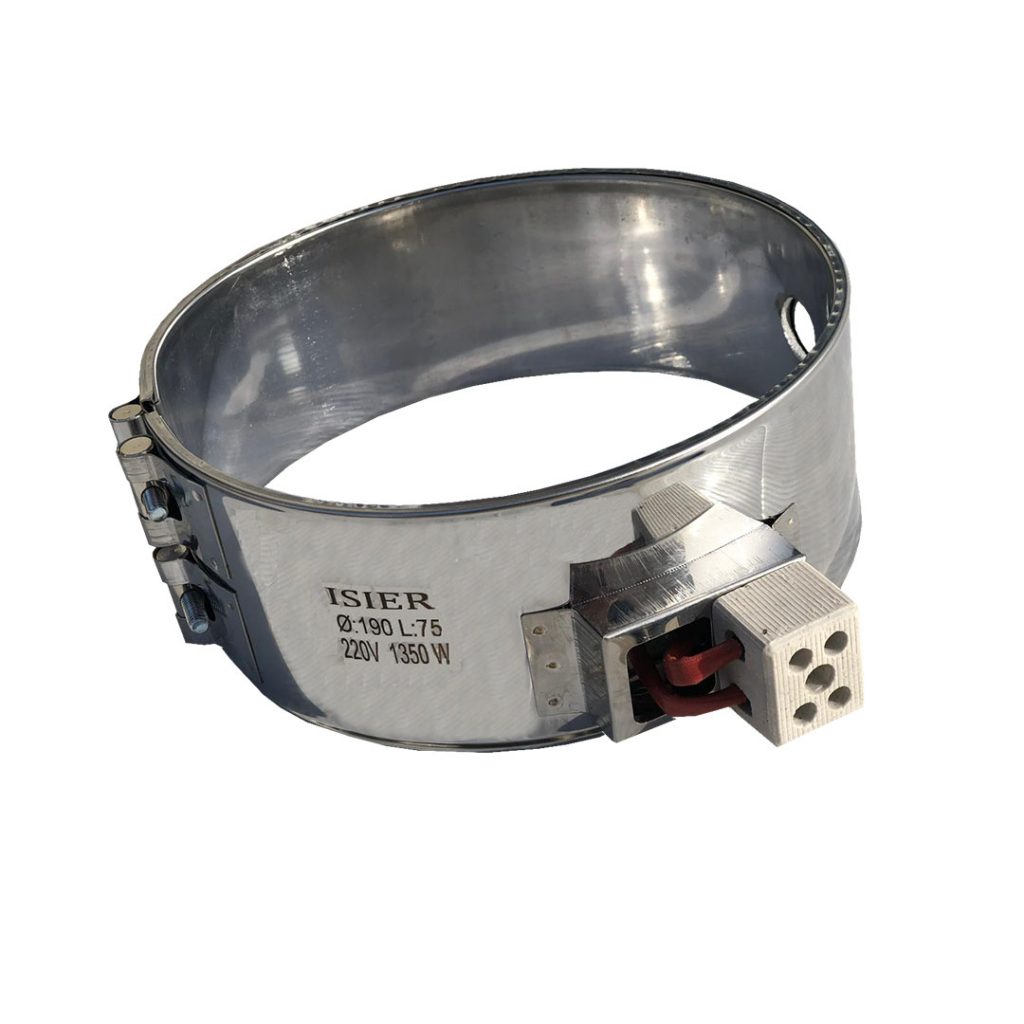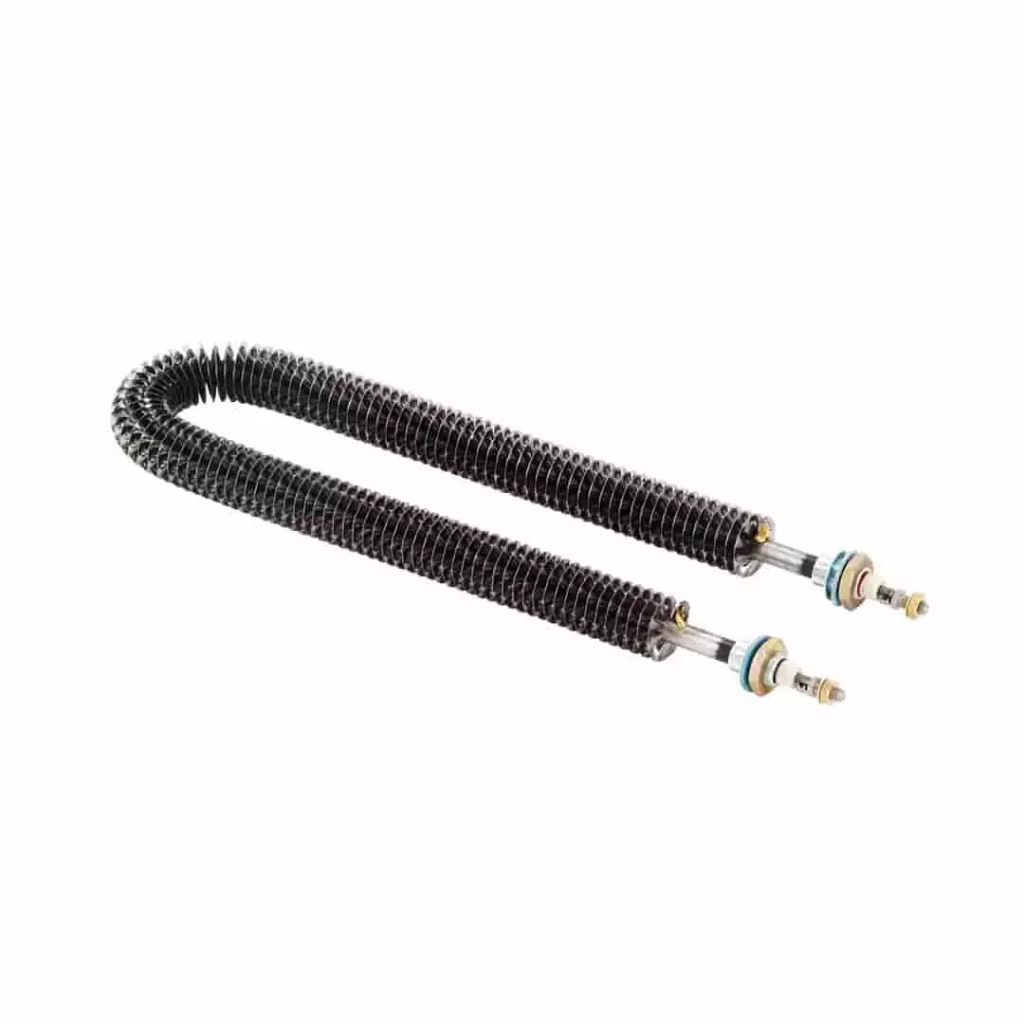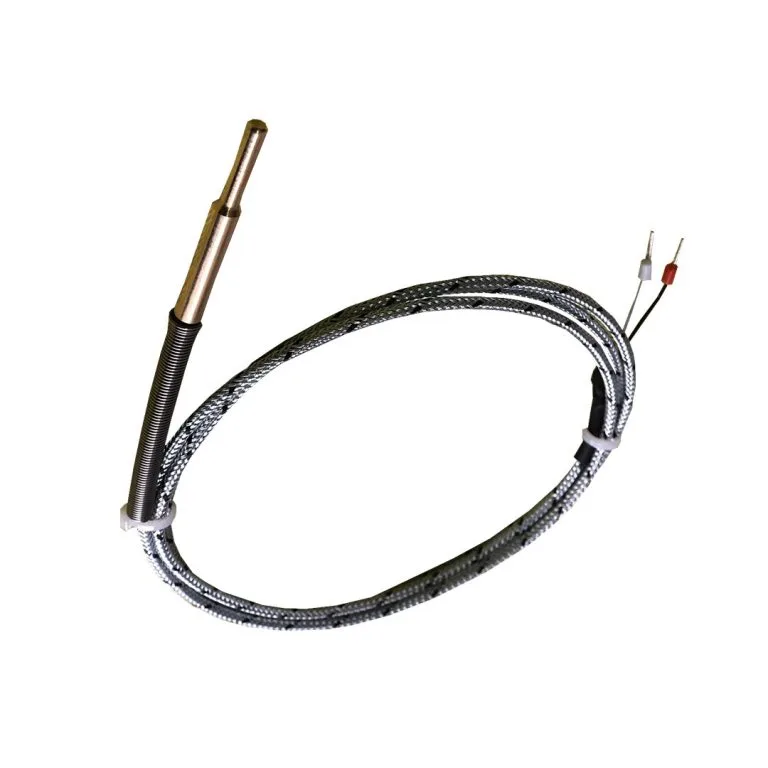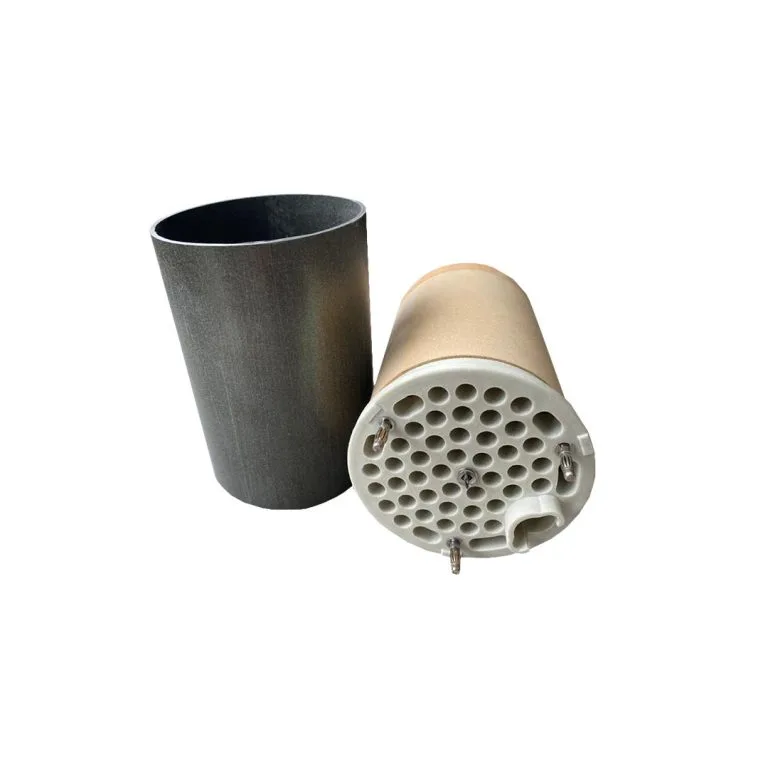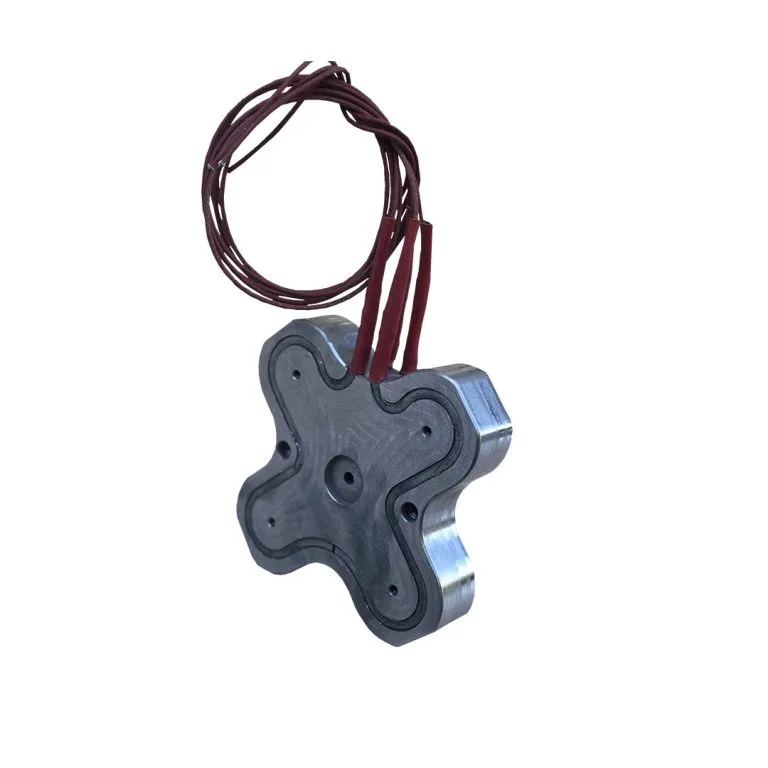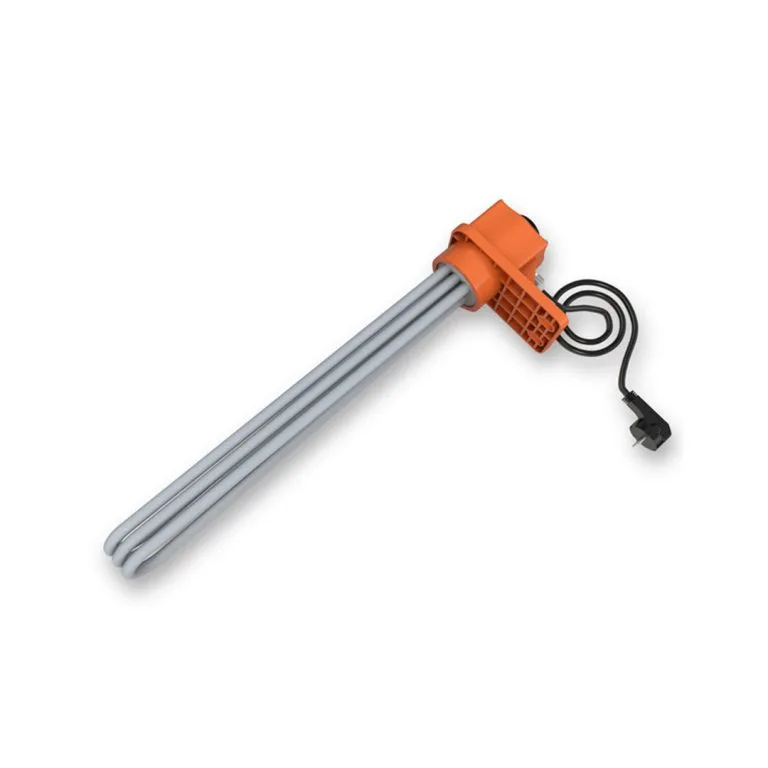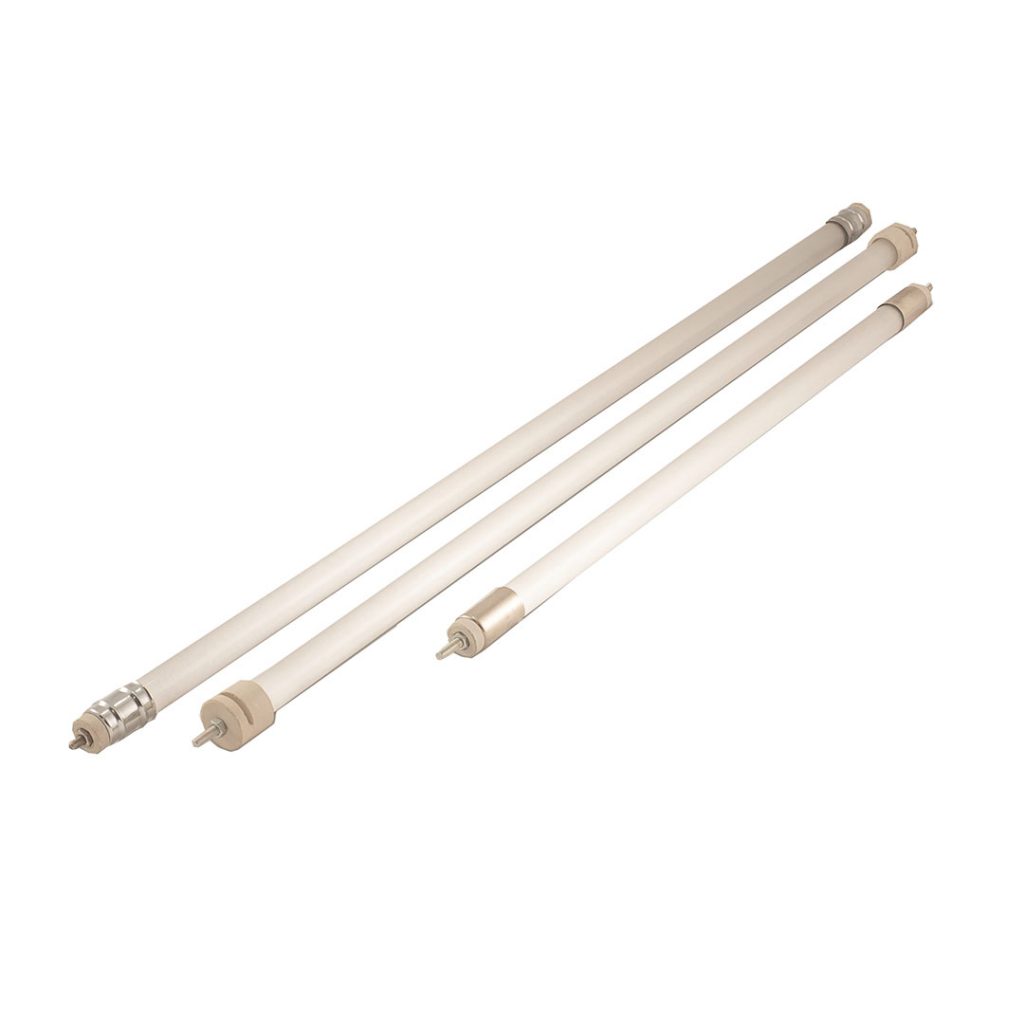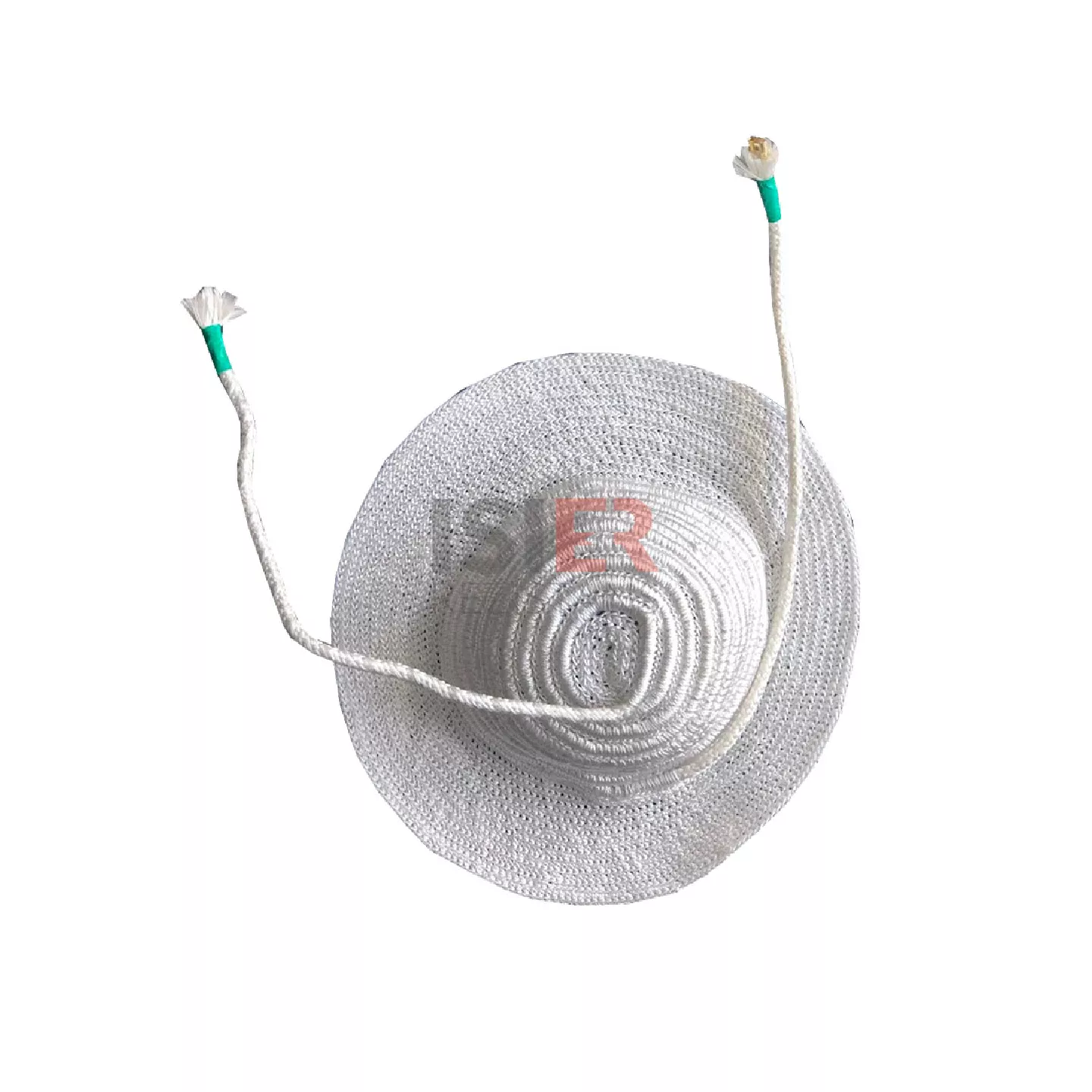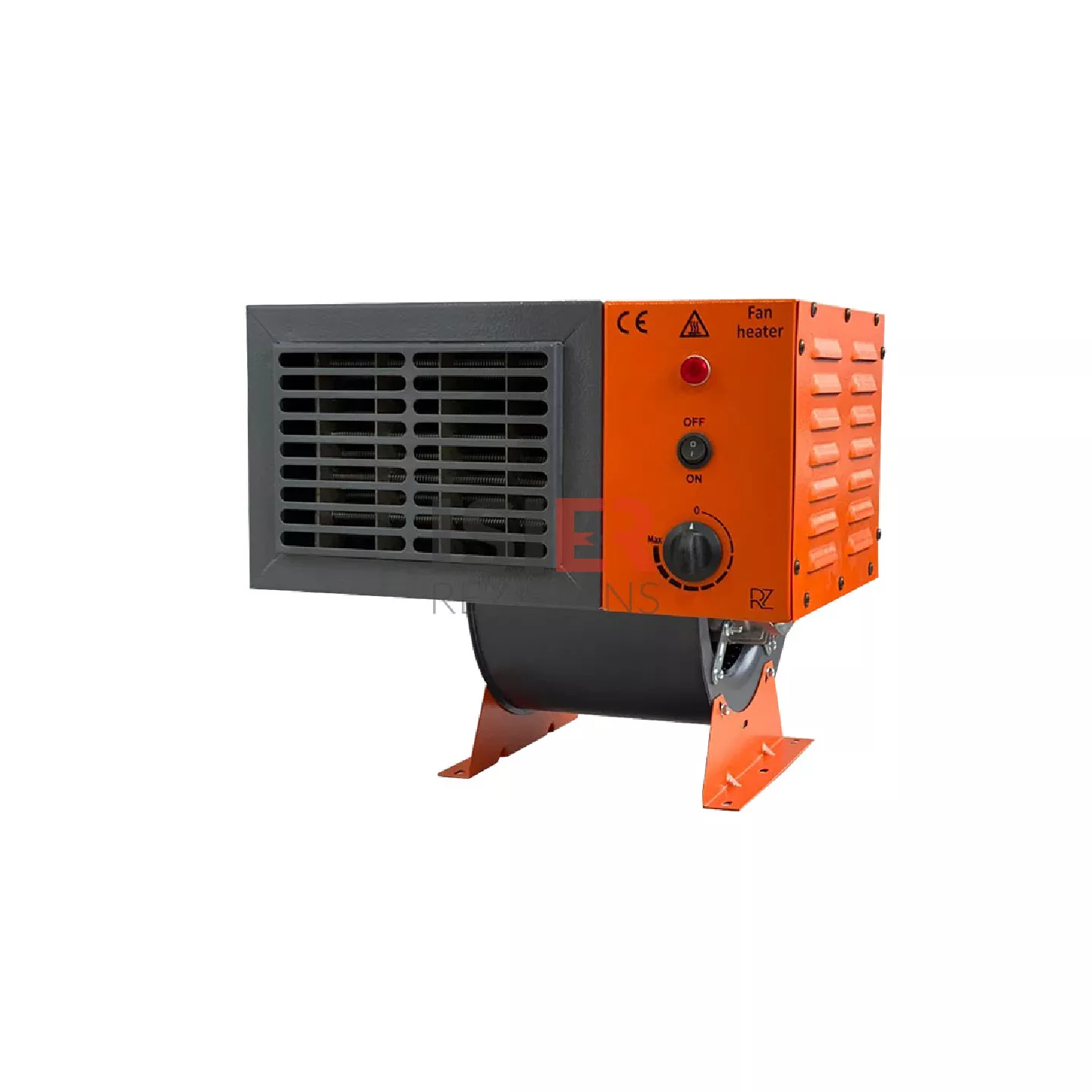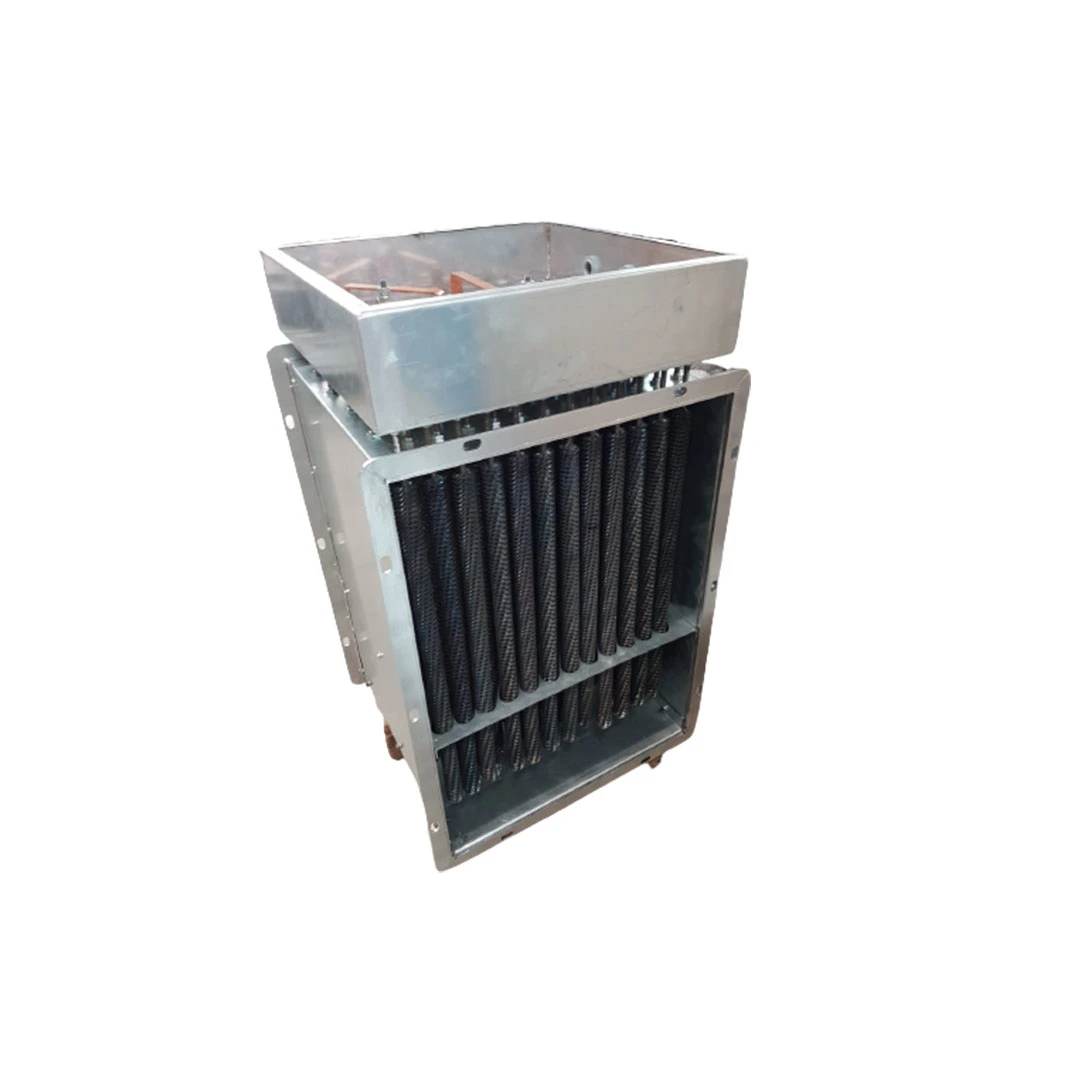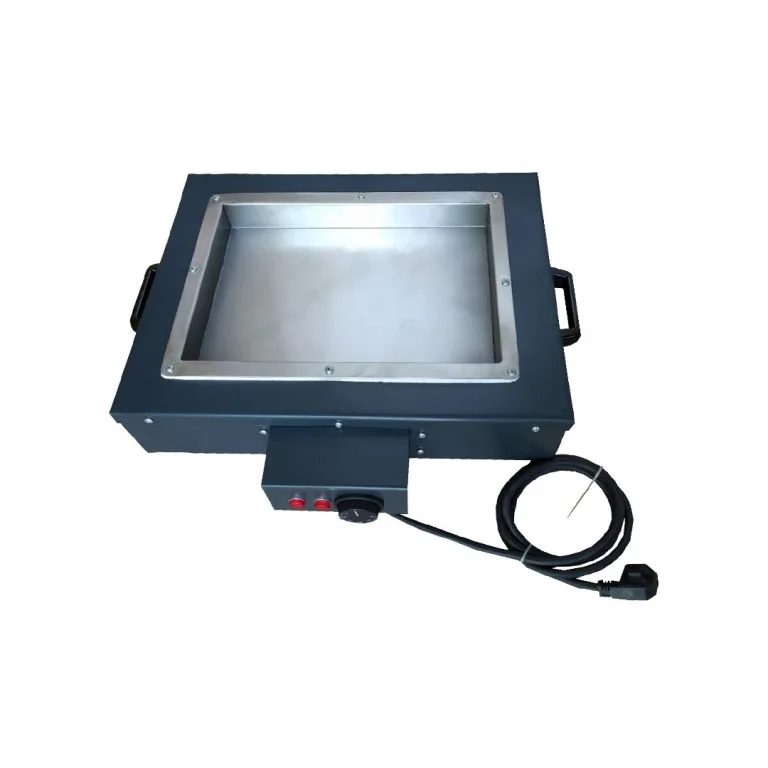What is Cartridge Heaters?
A cartridge heater is an important component of electric heating systems. Used in a wide range of applications from household appliances to industrial equipment, this component derives its name from its resemblance to an electric cable plugged into a socket.
Fundamentally, the role of a cartridge heater is to convert electrical energy into heat. When an electric current passes through the heater, the resistance material within it converts electrical energy into heat energy. This generated heat is then utilized to warm the surrounding environment.
Cartridge heaters are commonly employed in various heating systems. They can be found in devices such as water heaters, ovens, stoves, grills, and industrial furnaces. The operating principle of these heaters relies on the high-resistance materials converting electrical energy into heat. Due to their ability to effectively convert electrical energy into heat and control temperature, they are preferred for many applications.
Our Products
Your Solution Partner for All Your Resistance Needs
Usage Areas of Cartridge Heaters
Cartridge heaters have a wide range of applications and are commonly used in various industrial and domestic settings. Here are some frequently encountered uses of cartridge heaters:
1. Home Heating and Cooling: They are widely used in heating systems in homes, including electric stoves, under-carpet heaters, and heating fans.
2. Kitchen Equipment: Cartridge heaters are employed to provide heat in kitchen appliances such as ovens, stoves, toaster ovens, microwaves, and coffee makers.
3. Water Heating: They are utilized in water heating systems like dishwashers, water heaters, washing machines, and hot water tanks.
4. Industrial Heating: Cartridge heaters find extensive use in industrial applications such as industrial furnaces, dryers, process heating systems, and industrial baths.
5. Medical Devices: They are present in healthcare equipment such as sterilization equipment, laboratory devices, and medical instruments.
6. Automotive: Cartridge heaters are used in automotive interior heating and cooling systems as well as in-vehicle climate control systems.
7. Agriculture and Livestock: They are incorporated into various agricultural and livestock applications, including greenhouses, poultry houses, animal breeding facilities, and temperature control systems.
8. Construction: In construction fields, cartridge heaters are used in systems such as underfloor heating, freeze protection systems, and industrial heating equipment.
Cartridge heaters are preferred in many fields due to their reliability and ease of use.
Technical Specifications of Cartridge Heaters
The technical specifications of cartridge heaters can vary depending on their usage, purpose, design, and features. However, generally, they may possess the following characteristics:
1. Resistance Value: The electrical resistance of a cartridge heater is typically expressed in ohms and is determined based on factors such as material, size, and design.
2. Power: The heat energy provided by the heater is measured in watts. It is calculated taking into account the electrical current and voltage and is determined according to the requirements of the application.
3. Operating Voltage: Cartridge heaters are designed to operate within a specific voltage range. For example, they are commonly used in voltage ranges of 110V or 220V for household applications.
4. Material: Cartridge heaters are often made of a nickel-chromium alloy. This material is resistant to high temperatures and offers long-term durability.
5. Dimensions: The dimensions of the heater vary depending on its intended application and purpose. Parameters such as length, width, and thickness affect the amount of heat generated.
6. Thermal Coefficient: This coefficient indicates how the resistance of the heater may change with temperature variations. It is important for temperature control and stability.
7. Coating: Some cartridge heaters may be coated with a special coating for corrosion resistance.
8. Connection Points: Electrical connections, usually with wires or terminals at their ends, are important for ease of use and safety.
These characteristics can vary based on the design, production, and intended use of the heater. When selecting the most suitable cartridge heater for a specific application, users should consider these technical specifications.
What to Consider When Choosing Cartridge Heaters
When selecting a cartridge heater, there are several important factors to consider:
1. Maximum Operating Temperature: It’s crucial that the maximum temperature of the environment where the heater will be used is compatible with the maximum temperature rating of the heater itself. Excessive temperatures can affect the heater’s performance or shorten its lifespan.
2. Nominal Power Rating: The nominal power of the heater indicates the maximum power it can handle. A heater should be selected that meets the power requirements of the application. The power rating is associated with the size and material of the heater.
3. Material and Construction: The material of the heater should be chosen according to the application requirements. For instance, titanium or nickel-based heaters may be preferred for environments requiring operation at high temperatures.
4. Size and Ease of Installation: The size of the heater should be appropriate for the application environment. It’s important for the heater to have suitable connection points and dimensions to facilitate easy installation.
5. Application Specifics: Factors such as the environment in which the heater will be used (humidity, chemical exposure, vibrations, etc.) should be taken into account. These factors influence the selection of materials for the heater and the use of protective coatings.
6. Longevity and Durability: Selecting a heater that meets the requirements of the application ensures longevity and durability. Heaters made of high-quality materials and manufactured through a robust production process should be preferred.
7. Cost: Cost is, of course, a factor to consider. However, instead of solely focusing on cost, it’s important to choose a heater of good quality that meets the requirements of the application.
Considering these factors is important for selecting the appropriate cartridge heater. Since each application is unique, careful evaluation should be made to choose the right heater.



